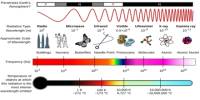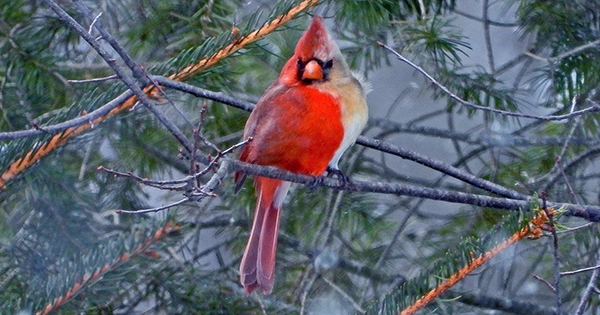The success of classroom environmental education in influencing attitudes about environmental issues can vary depending on numerous aspects, including the content and approach of the education, the duration and intensity of the program, and the learners’ receptiveness. While it is true that not all environmental education projects result in major attitude changes, it is vital to acknowledge that well-designed and properly implemented programs can have a positive impact on environmental attitudes and behaviors.
According to recent research from the Milner Centre for Evolution at the University of Bath, increasing understanding of conservation challenges in schools does not always translate into attitude change. The findings, published in Oryx, suggest that conservation educational programs should be carefully examined to ensure that they achieve the targeted outcomes.
Children’s exposure to the natural world has lessened as cities have grown and technology has advanced. In response, conservationists have promoted educational activities to increase children’s understanding and awareness of environmental issues, but new research shows that this does not always result in them changing their attitudes or becoming more involved in environmental protection.
In a study published in Oryx, researchers from the University of Bath worked with conservation non-profit Maio Biodiversity Foundation (FMB) in Maio, Cape Verde, to assess the impacts of environmental education on schoolchildren from the island.
There is a real need to reconnect society with nature – especially in places of rich biodiversity, like Maio. It is so important to raise awareness of how certain human activities can put the amazing wildlife on people’s doorstep at risk.
Romy Rice
The Cape Verde Islands, off Africa’s west coast, are evolutionary hotspots, with an abundance of animals such as whales, turtles, sharks, and shorebirds. Unsustainable behaviors, however, such as turtle poaching, off-road excursions into protected areas, and large-scale litter dumping, threaten to endanger native species.
The researchers looked into the impact of a one-time classroom activity on children’s understanding of local environmental issues, attitudes toward the environment, and future goals. The half-day activity, which included 10 classes of 9-10-year-olds (4th grade) from eight schools (about 140 children), focused on the island’s large wetland habitat, which is home to a diverse range of wildlife, including the island’s largest breeding population of plover shorebirds, which are genetically unique to the island.
The researchers talked to the children about the different species found locally, the environmental issues that threatened the wildlife and used a game activity to show the complex ecosystem of the area, helping the children understand how all the different parts were connected.

They examined how the children’s conservation knowledge and attitudes toward science and the environment had evolved before and after the activities. They discovered that, while the activity was effective in increasing children’s knowledge and understanding of environmental issues, it had no effect on their views toward animals and other creatures.
Romy Rice, PhD student at the Milner Centre for Evolution at the University of Bath, was first author on the paper. She said: “There is a real need to reconnect society with nature — especially in places of rich biodiversity, like Maio. It is so important to raise awareness of how certain human activities can put the amazing wildlife on people’s doorstep at risk.”
“Educating schoolchildren about conservation raises eco-awareness among their parents as well, making it a potent tool for influencing knowledge and positive attitudes toward the environment across generations.” We were startled to see that, while the activities boosted the children’s understanding, they did not necessarily change their views about nature. It may have even lowered their interest in science in some situations. This study emphasizes the significance of reviewing activities; we should not expect that increased knowledge would solve environmental problems. Instead, we must carefully plan and evaluate operations to ensure that they achieve the desired results.”
“This project was great to see how children learn and how we can improve their learning, especially when it comes to their understanding of our island’s biodiversity and their appreciation of the local wildlife,” said Herval Silva, Assistant for Sustainable Development at FMB and co-author on the study. Right now, these youngsters are the conservation’s future, therefore the better we understand how they feel about the environment, the better we can devise solutions to safeguard it.”
















